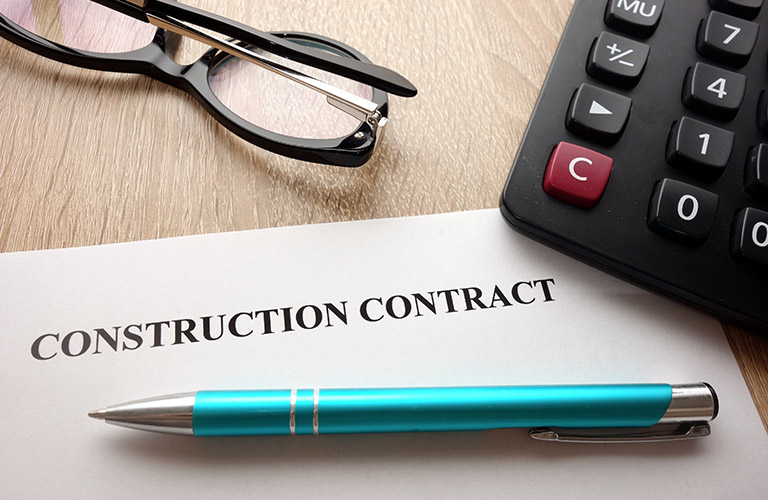
If you are a contractor, subcontractor, or supplier in the construction industry, you’ve likely heard the terms “pay-if-paid” and “pay-when-paid.” Payment provisions are some of the most controversial and heavily negotiated provisions in construction contracts. This article defines the pay-if-paid and pay-when-paid provisions, explains their differences, and provides guidance on how to recognize them in practice. Pay-if-paid and pay-when-paid clauses can alter the normal (i.e., common law) payment obligations running from the contractor to its subcontractor (or subcontractor to its supplier). Without a contract clause or state statute[i] addressing payment obligations, payment for construction work is due on substantial completion… Read more

